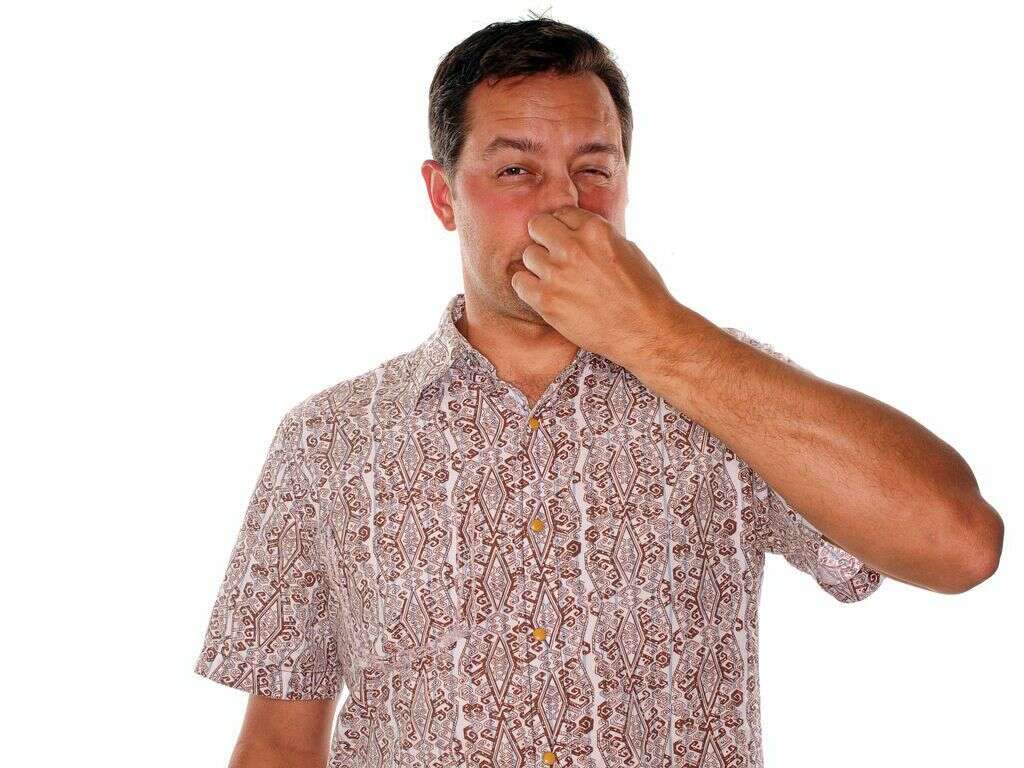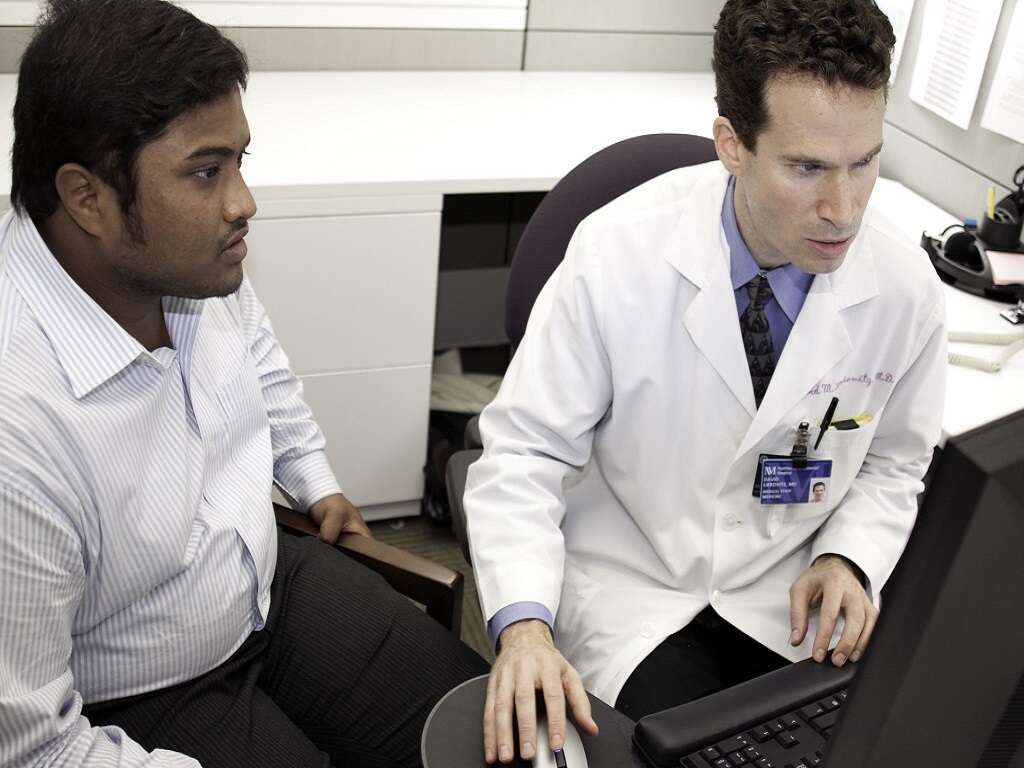Why Is My Poop Black?
 Article Sources
Article Sources
- 1. Michael F. Picco, M.D. 'Stool Color: When to Worry.' Mayo Clinic, Mayo Foundation for Medical Education and Research, 10 Oct. 2020, www.mayoclinic.org/stool-color/expert-answers/faq-20058080.
- 2. 'Iron & Oral Supplements for Anemia: Types & Benefits.' Cleveland Clinic, my.clevelandclinic.org/health/articles/14568-oral-iron-supplementation.
- 3. 'Iron Supplement (Oral Route, Parenteral Route) Side Effects.' Mayo Clinic, Mayo Foundation for Medical Education and Research, 1 Mar. 2021, www.mayoclinic.org/drugs-supplements/iron-supplement-oral-route-parenteral-route/side-effects/drg-20070148.
- 4. 'Bismuth Subsalicylate: MedlinePlus Drug Information.' MedlinePlus, U.S. National Library of Medicine, medlineplus.gov/druginfo/meds/a607040.html.
- 5. 'Bismuth Subsalicylate (Oral Route) Side Effects.' Mayo Clinic, Mayo Foundation for Medical Education and Research, 1 Feb. 2021, www.mayoclinic.org/drugs-supplements/bismuth-subsalicylate-oral-route/side-effects/drg-20068521?p=1.
- 6. 'Stools with Blood.' University of Iowa Hospitals & Clinics, 9 Nov. 2018, uihc.org/health-topics/stools-blood.
- 7. Commissioner, Office of the. 'Black Licorice: Trick or Treat?' U.S. Food and Drug Administration, FDA, www.fda.gov/consumers/consumer-updates/black-licorice-trick-or-treat.
- 8. 'Rectal Bleeding: Causes, Colors, Tests & When To Call The Doctor.' Cleveland Clinic, my.clevelandclinic.org/health/symptoms/14612-rectal-bleeding.
- 9. 'Peptic Ulcer.' Mayo Clinic, Mayo Foundation for Medical Education and Research, 6 Aug. 2020, www.mayoclinic.org/diseases-conditions/peptic-ulcer/symptoms-causes/syc-20354223.
- 10. 'Esophageal Cancer.' NORD (National Organization for Rare Disorders), 15 Aug. 2019, rarediseases.org/rare-diseases/esophageal-cancer/.
- 11. 'Colon Cancer Symptoms.' Johns Hopkins Medicine, www.hopkinsmedicine.org/health/conditions-and-diseases/colon-cancer/colon-cancer-symptoms.
- 12. 'Mallory Weiss Syndrome.' NORD (National Organization for Rare Disorders), rarediseases.org/rare-diseases/mallory-weiss-syndrome/.
- 13. 'Esophageal Varices.' Mayo Clinic, Mayo Foundation for Medical Education and Research, 20 Feb. 2021, www.mayoclinic.org/diseases-conditions/esophageal-varices/symptoms-causes/syc-20351538.
- 14. 'Arteriovenous Malformations.' Seattle Children's Hospital, www.seattlechildrens.org/conditions/avm/.
- 15. 'Black or Tarry Stools: MedlinePlus Medical Encyclopedia.' MedlinePlus, U.S. National Library of Medicine, medlineplus.gov/ency/article/003130.htm.
- 16. 'Gastrointestinal Bleeding.' Mayo Clinic, Mayo Foundation for Medical Education and Research, 15 Oct. 2020, www.mayoclinic.org/diseases-conditions/gastrointestinal-bleeding/symptoms-causes/syc-20372729.
- 17. 'Gastrointestinal Bleeding or Blood in the Stool.' Johns Hopkins Medicine, www.hopkinsmedicine.org/health/conditions-and-diseases/gastrointestinal-bleeding-or-blood-in-the-stool.
6. Stomach Cancer and Black Poop
Stomach cancer is another possible cause of black stools since the disease may cause bleeding in the stomach. As in the case of esophageal cancer, anemia may develop due to the bleeding.
A person with stomach cancer may also notice bowel changes, such as diarrhea or constipation, narrow stool and changes in frequency of bowel movements. Other symptoms may include nausea and vomiting, diminished appetite and weight loss, fatigue, and abdominal pain and bloating.1Michael F. Picco, M.D. ‘Stool Color: When to Worry.’ Mayo Clinic, Mayo Foundation for Medical Education and Research, 10 Oct. 2020, www.mayoclinic.org/stool-color/expert-answers/faq-20058080.
Advertisement










